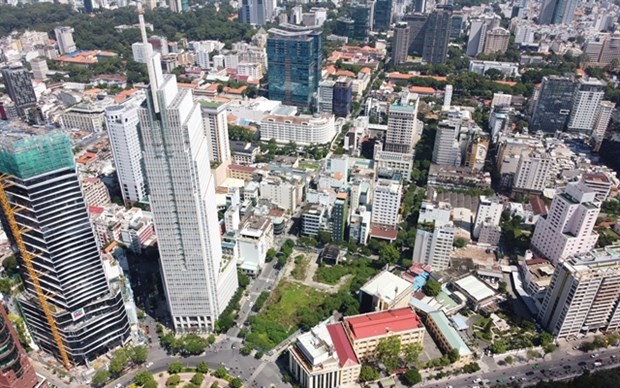
Vietnam is one of potential markets for branded residences
Latest
 |
| Vietnam is one of potential markets for branded residences: Illustrative image (Photo: danviet.vn) |
Branded residences, as a property sector, have proved to be incredibly resilient in the face of global uncertainty and change. The sector has not only survived the disturbance but continues to thrive. Over the past 10 years, it has grown by over 150%, Savills reported.
Savills Branded Residences shows that Dubai, South Florida, and New York are the top three locations for branded residences globally this year, based on their supply of completed and pipeline schemes.
By volume of pipeline, the United States, the United Arab Emirates, Vietnam, and Mexico are forecast to add the largest number of schemes – more than 30 in each country, in the future.
Vietnam is leisure and business destination, and both tap into a wide range of international demand. The high net-worth individual (HNWI) population in Vietnam has expanded by 86% in the last five years. The burgeoning middle- and upper-classes in the country also present further potential for branded residences.
Mathew Powell, Director of Savills Hanoi said: “During the economic turmoil, buyers will look for the property with long-term investment potential, this is also an advantage of branded residences.
"International brands bring their own quality assurance: through design, service, amenities, but also through reputation. Therefore, it is good time for branded residences development to the global experiences that branded residences bring.
“Vietnam market for branded residences is continuing to expand, especially Vietnam urban and resort market with a very strong potential.
"There is live interest for brands to enter into new markets and look for new locations to grow their portfolios not only in the resort destinations but also in major urban centres. The collaboration with brands also helps developers with better recognition.
"On the demand side, there’s a lot of demand for three- and four-bedroom apartments which provide extra space for families. Having said that, we also see a lot of interest for two-bedroom units from young families and couples, as well as buyers that are using the residence as their second home.
Younger customer base, affluent, globally-mobile individuals will continue to drive demand for branded residences.”
He also stressed the associated risks of poorly planned projects. The failure to hand over projects on time or with the expected financial commitments has impacted the appetite for the second home market.
According to Oxford Economics forecasts, the highest growth in terms of number of high-income households over the next five years is projected in the Americas, Asia Pacific, the Middle East and European regions. These locations expect some of the new high-net-worth buyers to be looking for primary residences and second homes in branded schemes. According to Savills, the future hotspots include some of the cities that are going to see a strong rise in wealth, such as Jakarta, HCM City, Beijing and Shanghai.
Domestic demand for luxury branded residences is likely to grow faster in emerging markets (where the base point is low), such as Ho Chi Minh City, where the quality of the existing stock is unlikely to meet the requirements for high-quality fit-out and services by new HNWI. In these markets there will be opportunities for urban upscale products as well as luxury products for brand-loyal, well-travelled customers.





















